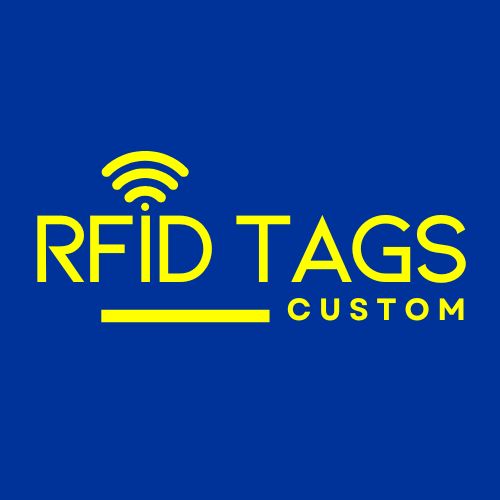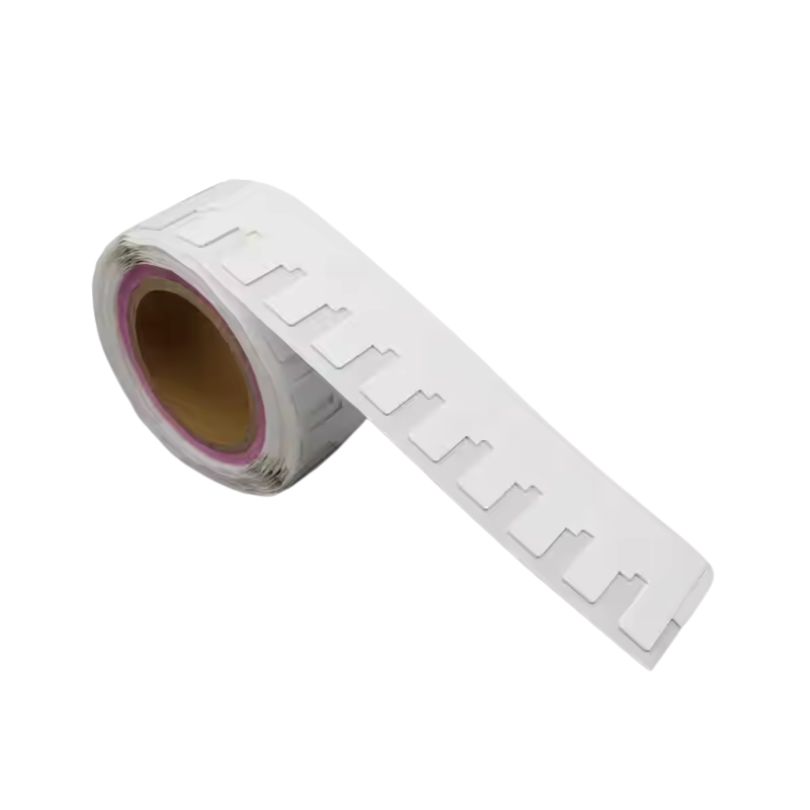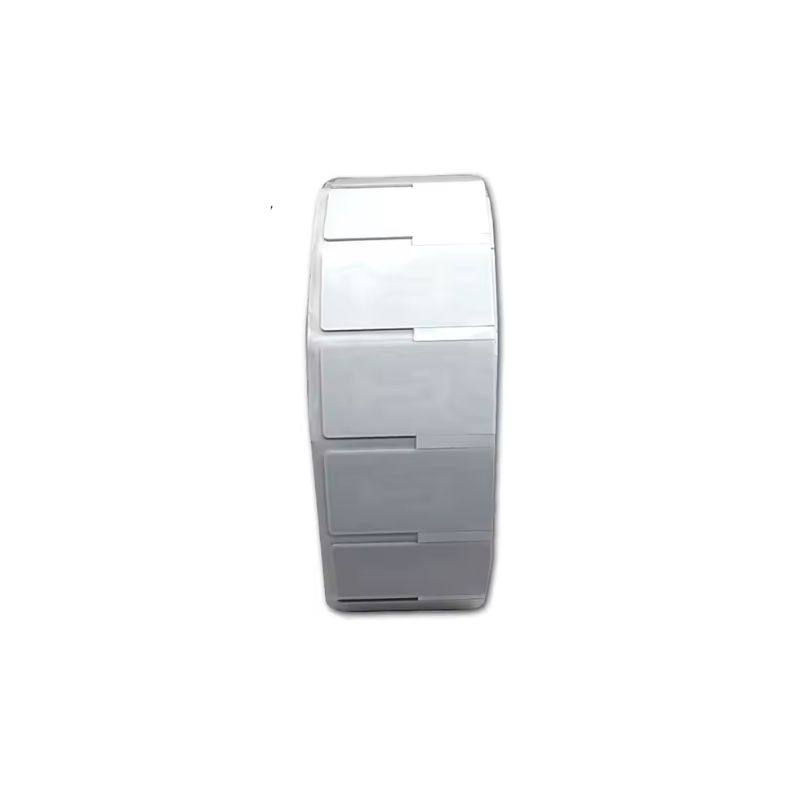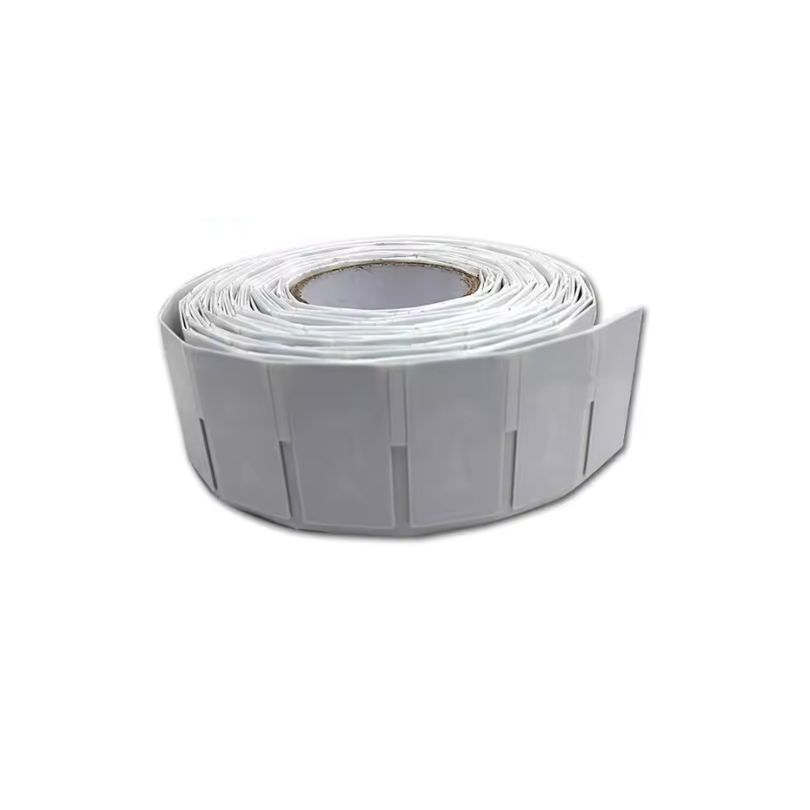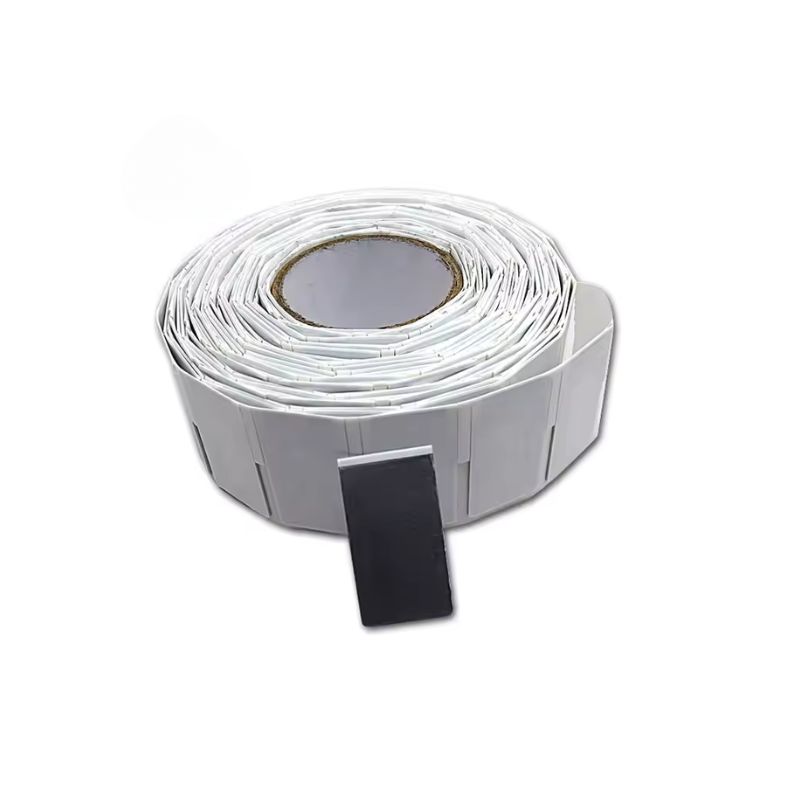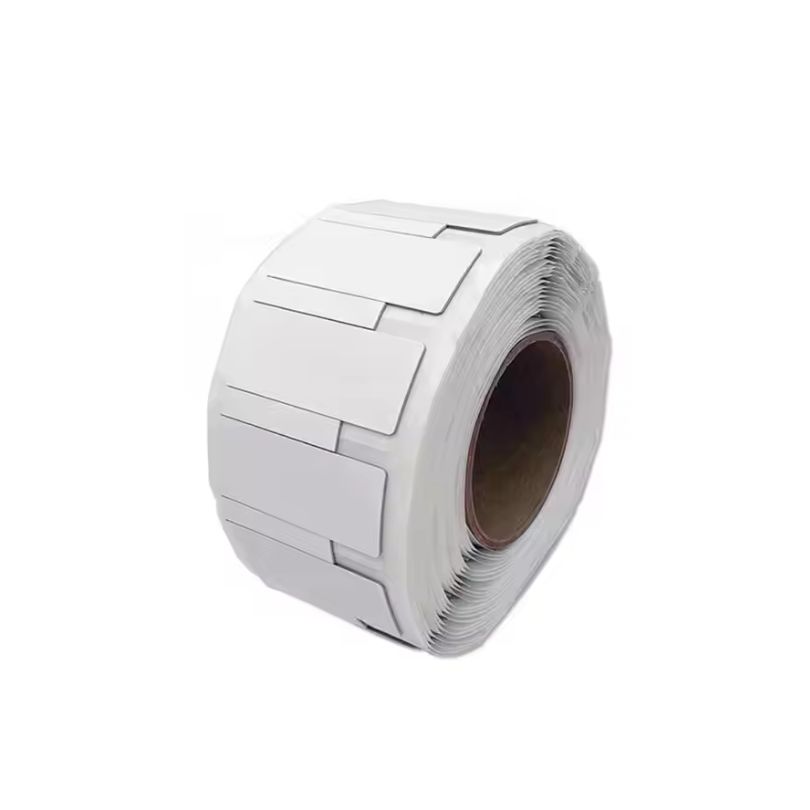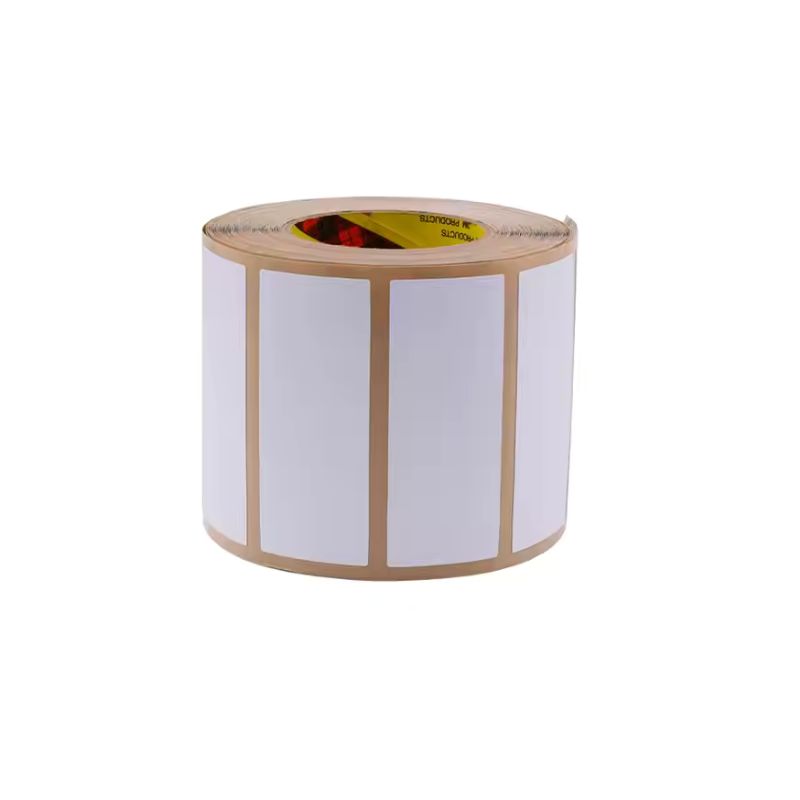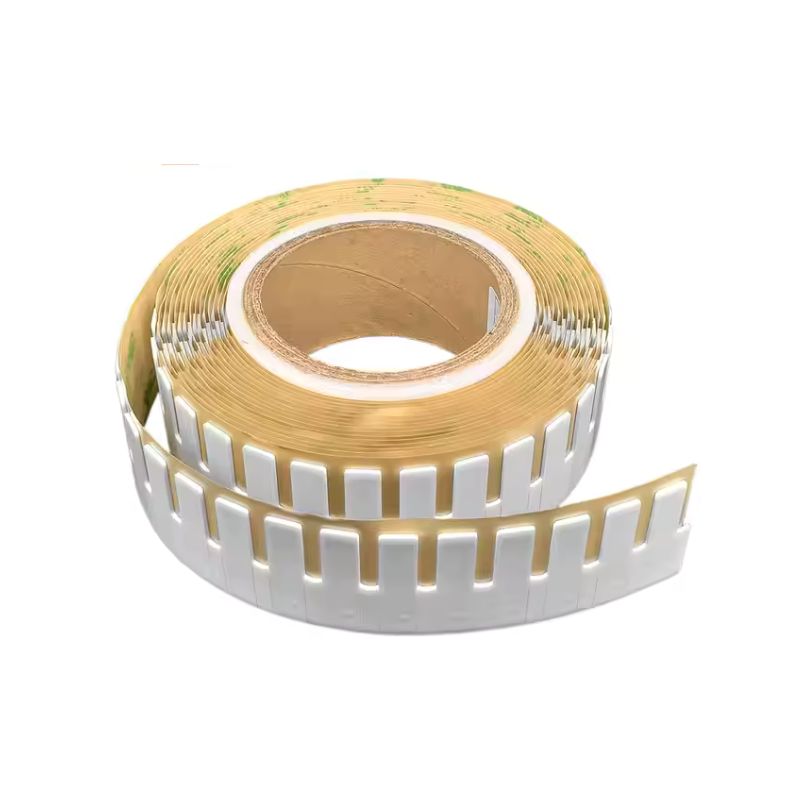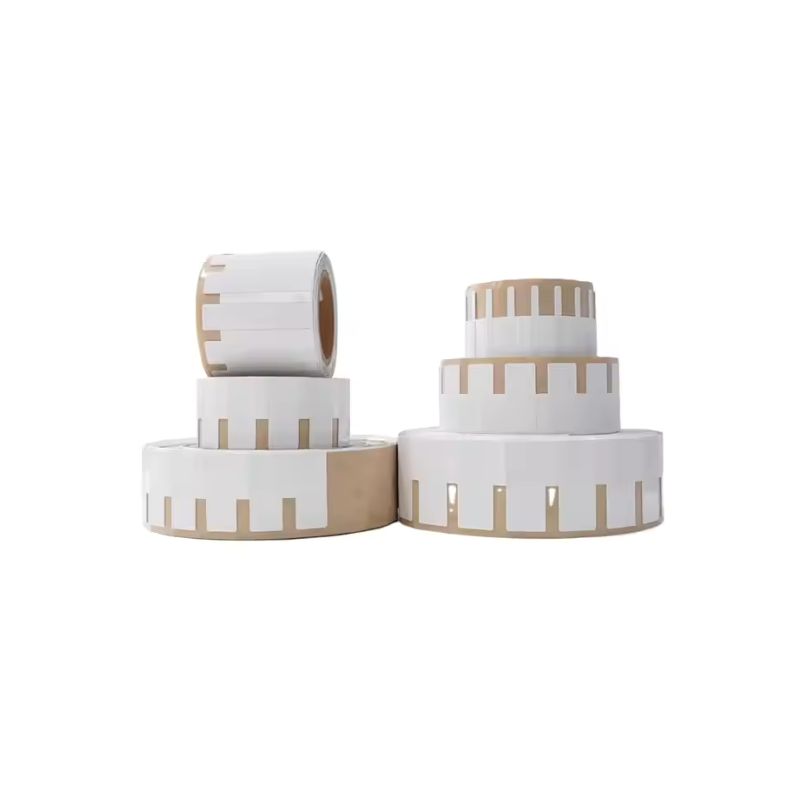
RFID Tags for Metal Objects Laptop IT Asset Tracking
RFID Tags for Metal Objects – High-Performance Asset Tracking RFID Tags for IT & Industrial Use
Struggling with inaccurate scans on laptops, tools, or IT equipment? Our RFID tags for metal objects are engineered to deliver consistent, interference-free performance—even when mounted directly onto metal.
Built with precision and ruggedness, these RFID metal tags are trusted by industries worldwide for tracking IT assets, heavy equipment, hospital tools, and warehouse containers. Whether you’re managing inventory in a data center or monitoring machinery across your production line, our asset tracking RFID tags offer unmatched durability, accuracy, and flexibility.
Why Use RFID Tags for Metal Objects?
Unlike standard RFID labels, which fail when placed on metal, these RFID Metal tags are built with a special anti-metal structure that shields the signal from distortion or loss. That means you get:
- Accurate scans on laptops, machines, tools, racks, etc.
- Reliable performance in metal-heavy environments
- No more missed reads, duplicate scans, or manual entry errors
Our RFID tags for metal objects are the perfect solution for industries that demand real-time visibility, durability, and low-maintenance asset tracking.
Key Features
- Anti-Metal Design: Built with an isolation layer to prevent signal reflection from metal surfaces.
- Durable Material: Waterproof, UV-resistant, and made to endure industrial conditions.
- UHF Technology: Offers long-range readability up to 6–8 meters (environment dependent).
- Flexible Size Options: Various dimensions available for laptops, machinery, and small metal assets.
- Strong Adhesive or Mounting Options: Secure bonding to metal surfaces with adhesive, rivets, or screws.
Technical Specifications
| Feature | Description |
| Frequency | 860–960 MHz (UHF, Global Standard) |
| Protocol | EPC Gen2 / ISO 18000-6C |
| Read Range | Up to 8 meters (varies by reader/environment) |
| Chip Options | Impinj Monza R6P / U8 / U9 |
| Materials | PET, with anti-metal shielding layer |
| Size Options | 60×25mm, 65×35mm, 70×30mm, custom |
| Attachment | Adhesive, screw, rivet |
| Waterproof Rating | IP67–IP68 |
| Operating Temperature | -30°C to +80°C |
Real-World Applications
Our RFID tags for metal objects are deployed across industries where standard tags fail:
- IT Asset Tracking: Monitor laptops, servers, and desktops in data centers.
- Manufacturing Plants: Tag metal tools, dies, and machines for preventive maintenance.
- Hospitals: Track surgical instruments and medical equipment.
- Retail & Warehousing: Manage shelves, carts, and storage containers.
- Logistics & Transport: Identify returnable transport items (RTIs), crates, and containers.
Real-World Applications
A leading tech university equipped 4,500+ laptops and desktop towers with our RFID tags for metal objects. Within 2 months, asset audit time was reduced by 70%, and tracking accuracy improved from 84% to 99.6%.
Request Your Custom RFID Metal Tags Now
Our Asset Tracking RFID tags are customizable to your operational needs—choose chip type, shape, size, and mounting method. Whether you manage 100 laptops or 10,000 industrial tools, we’ll help tailor a solution for you.
Contact us now to get samples, quotes, or a free consultation.
FAQ
What are RFID tags for metal objects?
They are specialized RFID tags designed with shielding materials that allow them to work reliably when attached to metal surfaces, where standard RFID tags fail due to signal interference.
How do asset tracking RFID tags work on laptops or machines?
They use UHF frequencies to communicate with RFID readers. Their anti-metal layer allows uninterrupted data exchange even when attached to laptops, IT racks, or industrial machines.
What’s the difference between regular RFID tags and RFID metal tags?
RFID metal tags have a special backing or structure that prevents signal distortion caused by metallic interference. Regular tags lose signal strength or fail entirely on metal surfaces.
Can I customize RFID tags for different asset types?
Yes! We offer custom shapes, materials, chipsets (Monza R6P, U8, U9), and mounting options. Let us know your asset type and tracking requirements, and we’ll match the perfect RFID solution.
Are these tags compatible with existing RFID systems?
Absolutely. They follow ISO 18000-6C and EPC Gen2 standards, making them compatible with most UHF RFID readers and asset tracking software.
Get Your Custom RFID Tags
As a leading custom RFID tag manufacturer, we craft solutions based on the unique needs of your operation. We offer a wide range of customization options, including material, size, frequency, encoding, and read distance, ensuring each RFID Tag is perfectly customized to your requirements. No matter what application you use RFID tags for, we can provide rugged, reliable RFID tags that meet the highest quality and durability standards. Here are the main ways we customize RFID tags to fit your needs.

Material Selection
Material is key for customizing RFID tags. Plastic works in harsh conditions, while softer materials suit delicate spaces. Different materials also affect signal performance. Pick what fits your use case to ensure your tags last and work reliably.

Customized Size
Size shapes usability. Small tags fit tight spaces or tiny items, while larger tags are easily read. In crowded areas, sleek tags prevent clashes. Align shape and dimension with your goods for visibility, convenience, and performance.

Frequency Requirements
Choose LF, HF, or UHF based on read range, speed, and interference. LF and HF resist metals and liquids but have shorter ranges. UHF offers an extended range yet may face signal blocks. Match frequency to your environment for reliable performance.

Reading Distance
Define the distance at which you have to read the tag. Short distances work for retail checkouts, while warehouses may need meters of coverage. Antenna design, reader settings, and power outputs affect range.Adjust these factors to capture data accurately at the distance you need.

Encode
Plan how data is stored on each tag. Some only hold an ID, while others contain detailed info. Decide if you need a simple EPC or added user memory. Ensure your chosen format works with existing software. Proper encoding streamlines processes and slashes errors.

Application Environment
Consider real-world conditions. Temperature swings, humidity, and chemicals can degrade tags. For outdoor use, opt for UV-resistant casings. In healthcare or food settings, ensure compliance with safety rules. Matching your tags to the environment maximizes their lifespan.
Related Products
Customize any RFID tags from our factory to meet your requirements.
